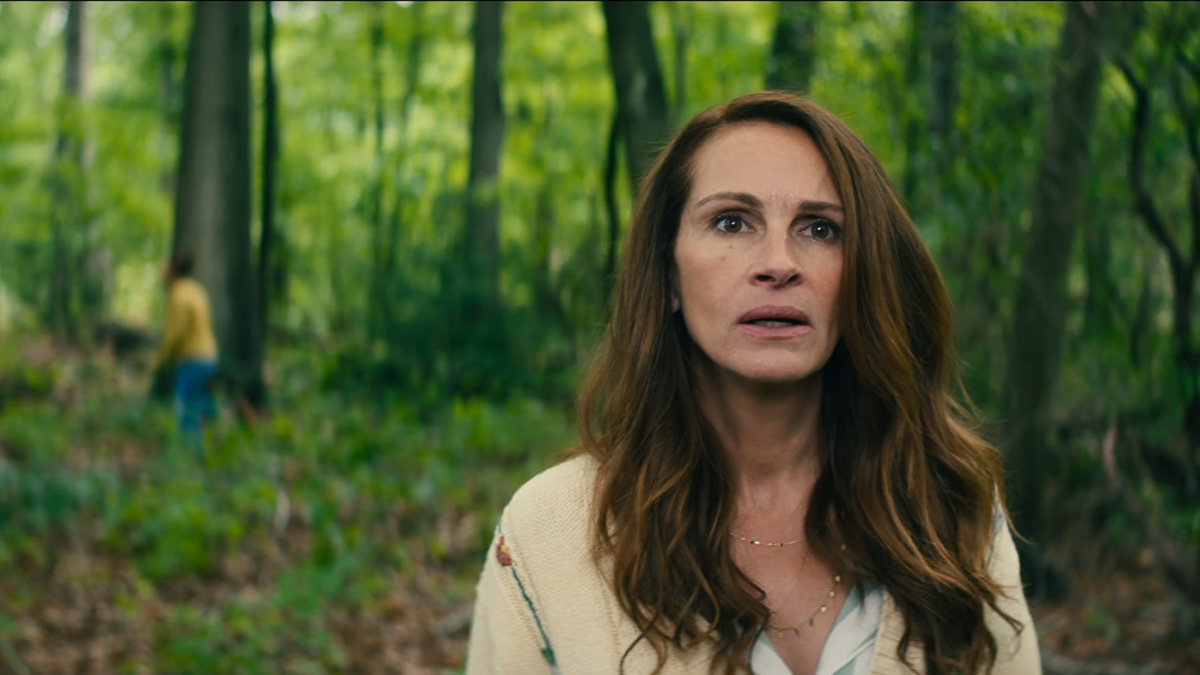Since the coronavirus-induced quarantine began earlier this spring, Netflix and other streamers have acquired tremendous amounts of horror films and series. We’ve wondered why so many people want to see content that aims to destroy rather than affirm their faith in humanity, especially when times are dark and uncertain, but now, that question may have been answered.
According to a new study published in the online scholarly journal Evolutionary Studies in Imaginative Culture, people who like horror movies have an easier time dealing with the pandemic than people who don’t. The study, conducted by PhD Candidate and University of Chicago student Coltan Scrivner, found that subjects with higher levels of morbid curiosity also exhibited an increased interest in pandemic and virus horror sub-genres, as well as the coronavirus in general.
Defined by Wikipedia as an interest in “death or violence,” morbid curiosity describes our irrational fascination with all things unpleasant, evil and potentially life-threatening. The tendency may well explain, for instance, why the true crime genre has become so popular in recent years.

After all, shows detailing the interior lives and heinous crimes of some of history’s worst killers ought not to make for pleasant viewing, and yet they do. While dangerous or unkind individuals should logically inspire disgust and disassociation, their unattractive traits paradoxically only make them more captivating.
Although Scrivner’s study does not tell us anything we didn’t know already, he is able to give us a more concise language through which to discuss these elusive, complex and highly contradictory ideas. His findings not only help us understand ourselves, but also provide a potential strategic edge for streaming services and media companies.
“These results,” he concludes, “provide initial evidence that morbid curiosity can predict particular media preference in the face of a real threat.”
In other words, if something bad happens to the world, you can expect Netflix to turn it into a horror show.








Published: Jul 4, 2020 03:24 pm